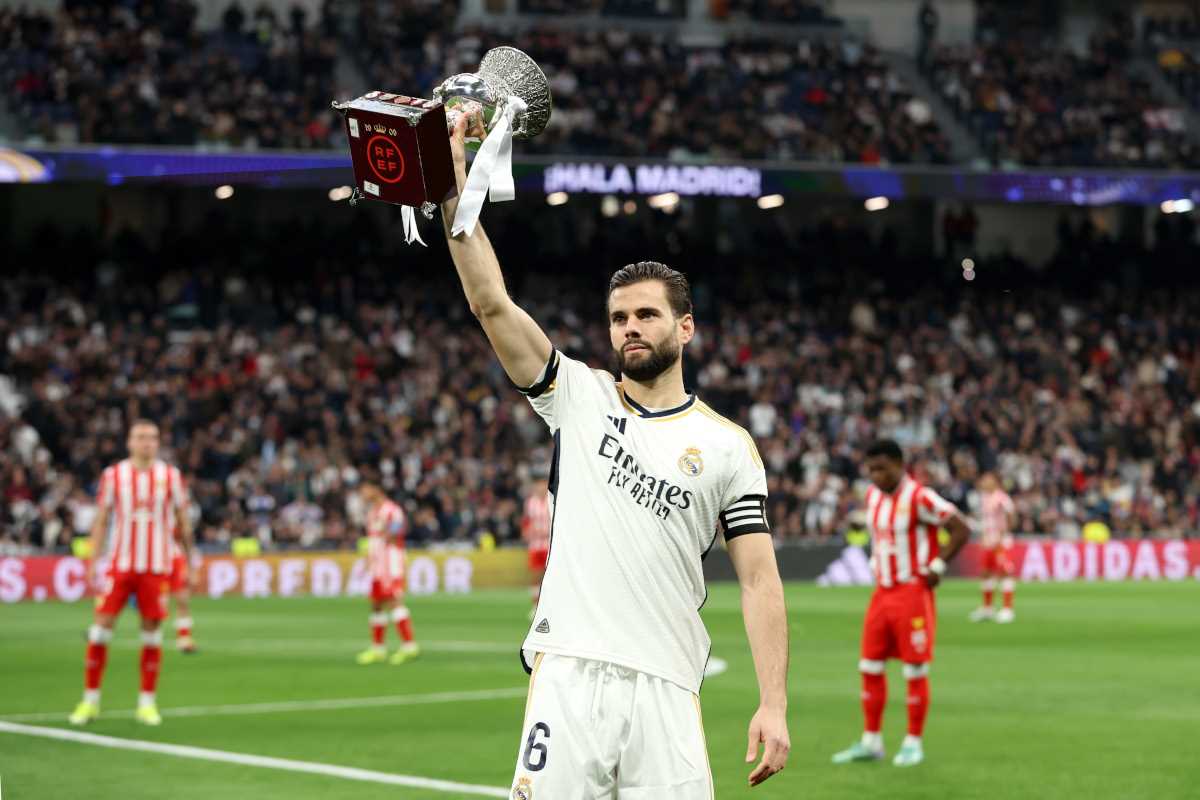In the world of soccer, the flexibility and adaptability of players often determine their effectiveness on the field. A certain role exemplifies this versatility, embodying the essence of tactical adaptability and multifunctionality. This specific position is crucial for teams that require players capable of switching between defensive and offensive duties seamlessly.
The essence of this role lies in its ability to provide both defensive solidity and attacking support. By mastering this role, players can influence the game in various ways, contributing significantly to their team’s overall performance. This adaptability makes the role highly valuable, offering a blend of skills that enhance the team’s dynamic and strategic approach.
Understanding the Role of the Versatile Defender

The concept of a versatile defender in football revolves around a player who excels in multiple defensive roles, offering flexibility and strategic advantages to their team. This role is crucial in modern football, where adaptability and tactical awareness are highly valued.
Such a player is characterized by the following attributes:
- Defensive Awareness: They maintain strong positional play and read the game effectively to intercept passes and challenge attackers.
- Versatility: They can operate efficiently in various defensive positions, whether centrally or on the flanks.
- Technical Skills: They possess good ball control and distribution, aiding in transitioning from defense to attack.
- Physical Stamina: They exhibit the endurance required to cover large areas of the pitch throughout the match.
This role enhances a team’s defensive solidity while providing additional options for tactical adjustments. The ability to seamlessly shift between roles ensures that the team can adapt to different opponents and game situations effectively.
Role and Responsibilities on the Field
The function of a player in this role is pivotal to the team’s overall strategy. Their main duties revolve around providing stability in both defensive and offensive situations, ensuring a balanced approach throughout the match. This player must exhibit a keen sense of positioning, anticipate opponents’ moves, and effectively communicate with teammates to maintain structure and coordination.
On defense, this player is expected to block key plays, challenge attackers, and secure the area around their goal. Offensively, they contribute by distributing the ball efficiently, supporting forward plays, and occasionally making strategic runs to exploit gaps in the opposing defense.
Key Skills Required for Effectiveness
To excel in this specific role on the field, players must develop a variety of crucial abilities. These skills are essential for ensuring high performance and contributing effectively to the team’s success.
- Strategic Awareness: Understanding the dynamics of the game and positioning oneself optimally relative to both teammates and opponents.
- Technical Proficiency: Mastery of essential techniques, including ball control, passing accuracy, and dribbling skills.
- Physical Fitness: Maintaining peak physical condition to enhance endurance, agility, and overall performance during matches.
- Communication: Effectively coordinating with teammates to ensure smooth play and tactical execution.
- Decision-Making: Quickly assessing situations on the field and making strategic choices to capitalize on opportunities.
How Player’s Role Affects Team Strategy

The role a player occupies on the field can significantly shape the overall tactical approach of a team. By positioning themselves in a specific area, a player can influence both offensive and defensive schemes, ultimately guiding the team’s strategic decisions. This placement affects how space is utilized, how opponents are challenged, and how the team’s formation adapts to various game situations.
When a player takes on a central or wide role, they can either create additional opportunities for attacking or bolster defensive efforts. Their movement and positioning often dictate how the team transitions between defense and attack, impacting the flow of the game and the effectiveness of the strategy.
Famous Players and Their Impact
Throughout the history of the sport, certain individuals have left an indelible mark on the game through their distinctive roles and exceptional performances. Their influence extends beyond mere statistics, shaping the tactics and strategies employed by teams globally. These players often redefine how a specific role is perceived and executed on the field.
Legends like these have demonstrated unparalleled skill and vision, creating a lasting legacy that inspires both current and future athletes. Their contributions have not only led their teams to success but have also elevated the overall standards of the sport.
Their impact is seen in how teams adapt their approaches, reflecting the profound effect these renowned figures have had on the evolution of the game.




